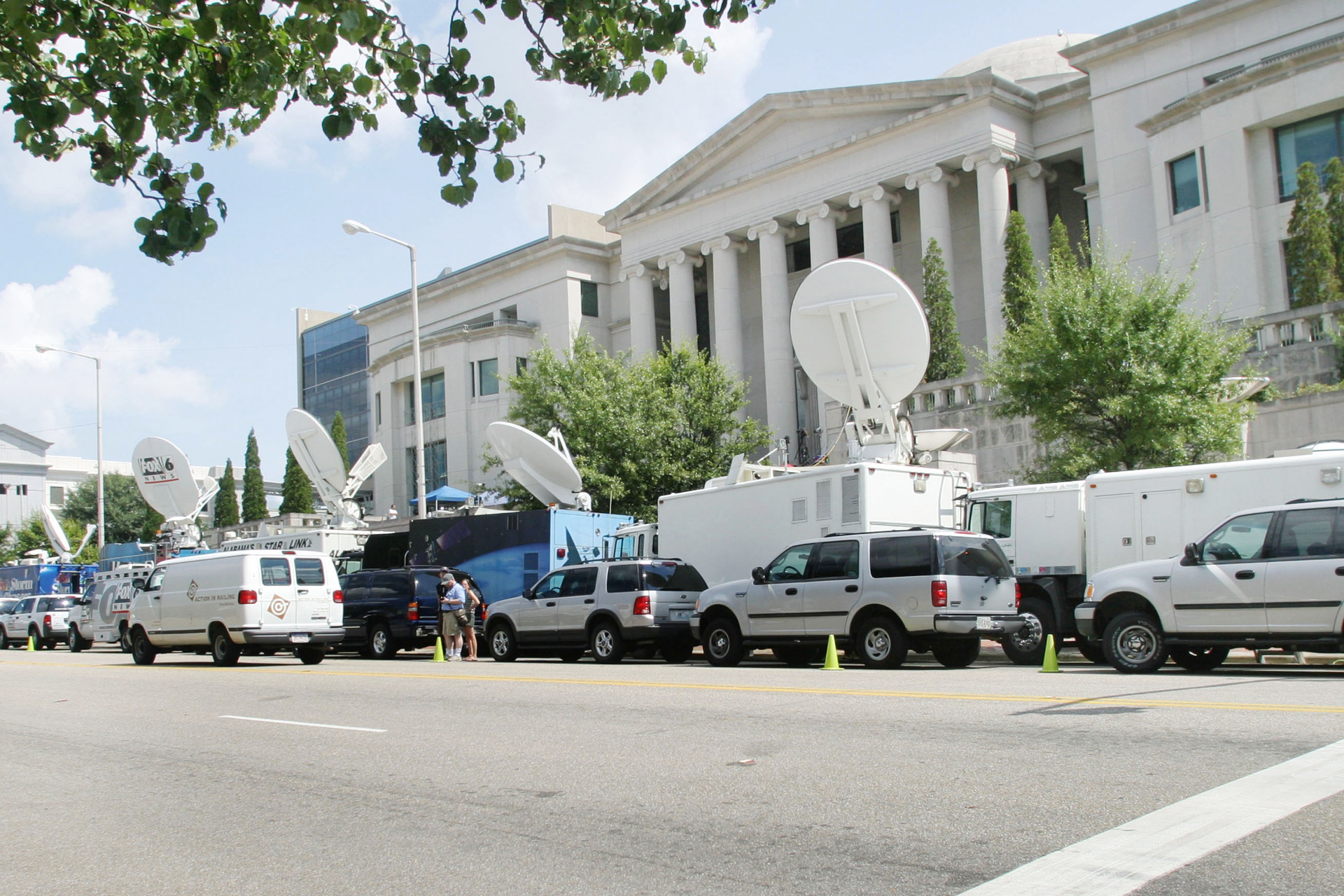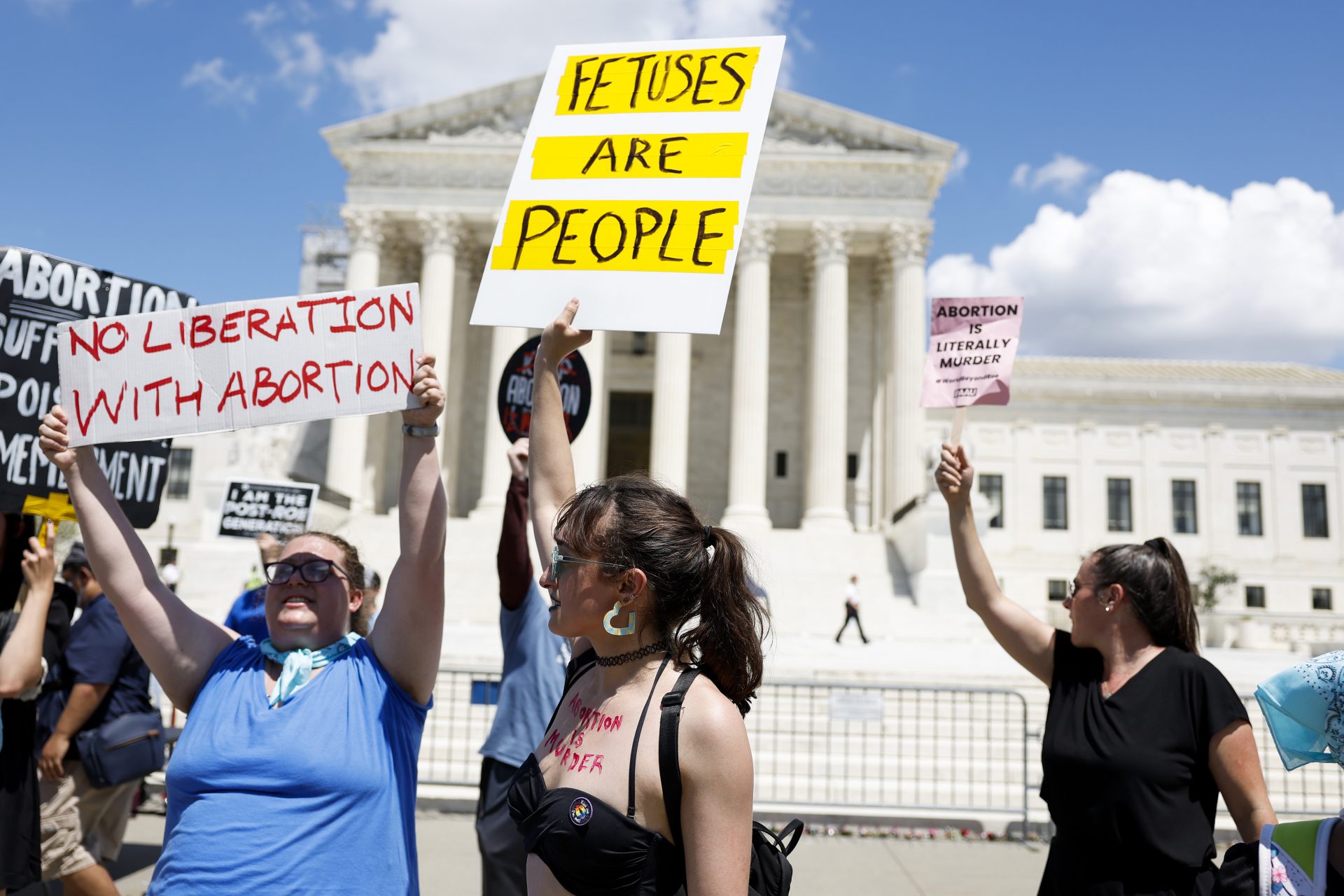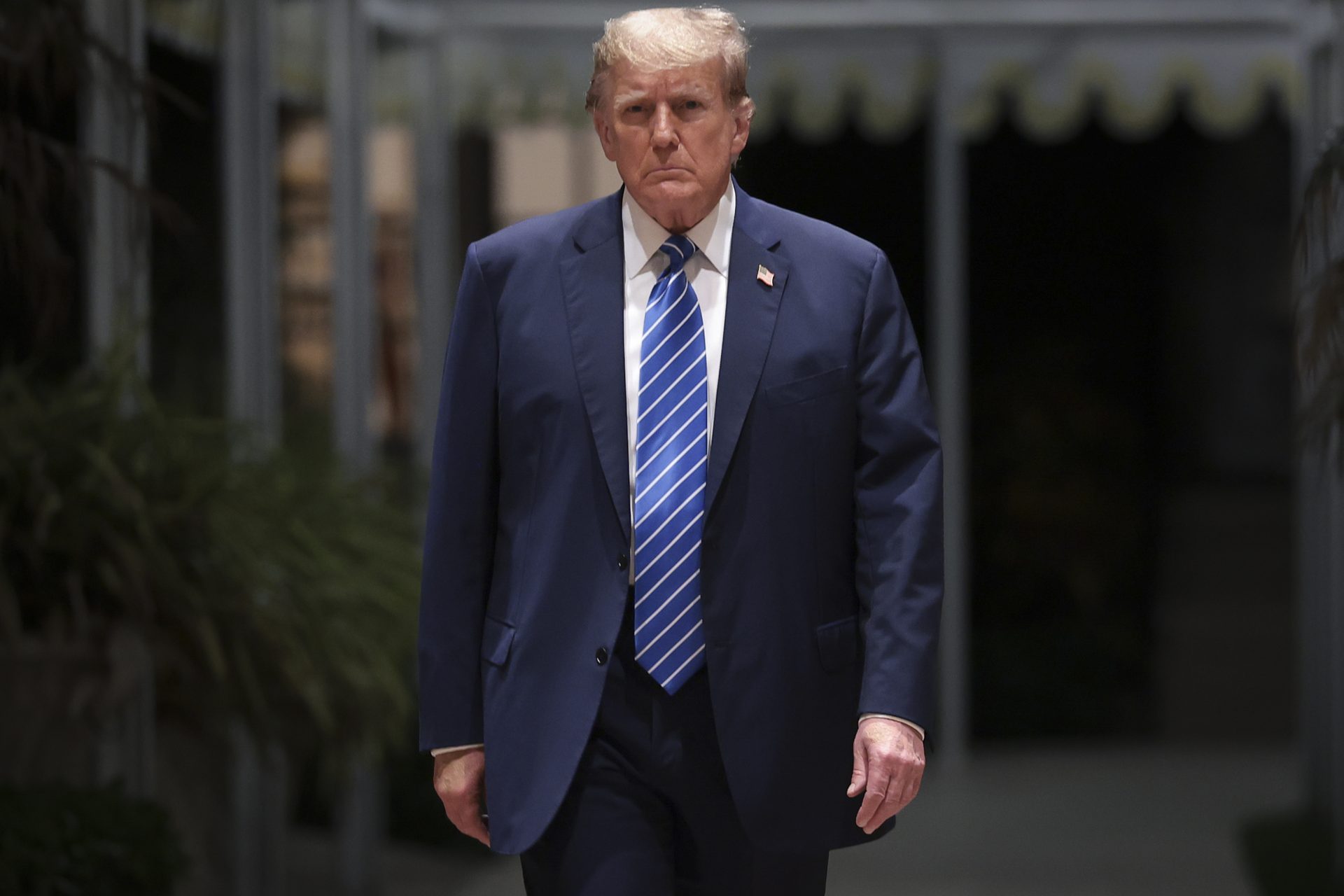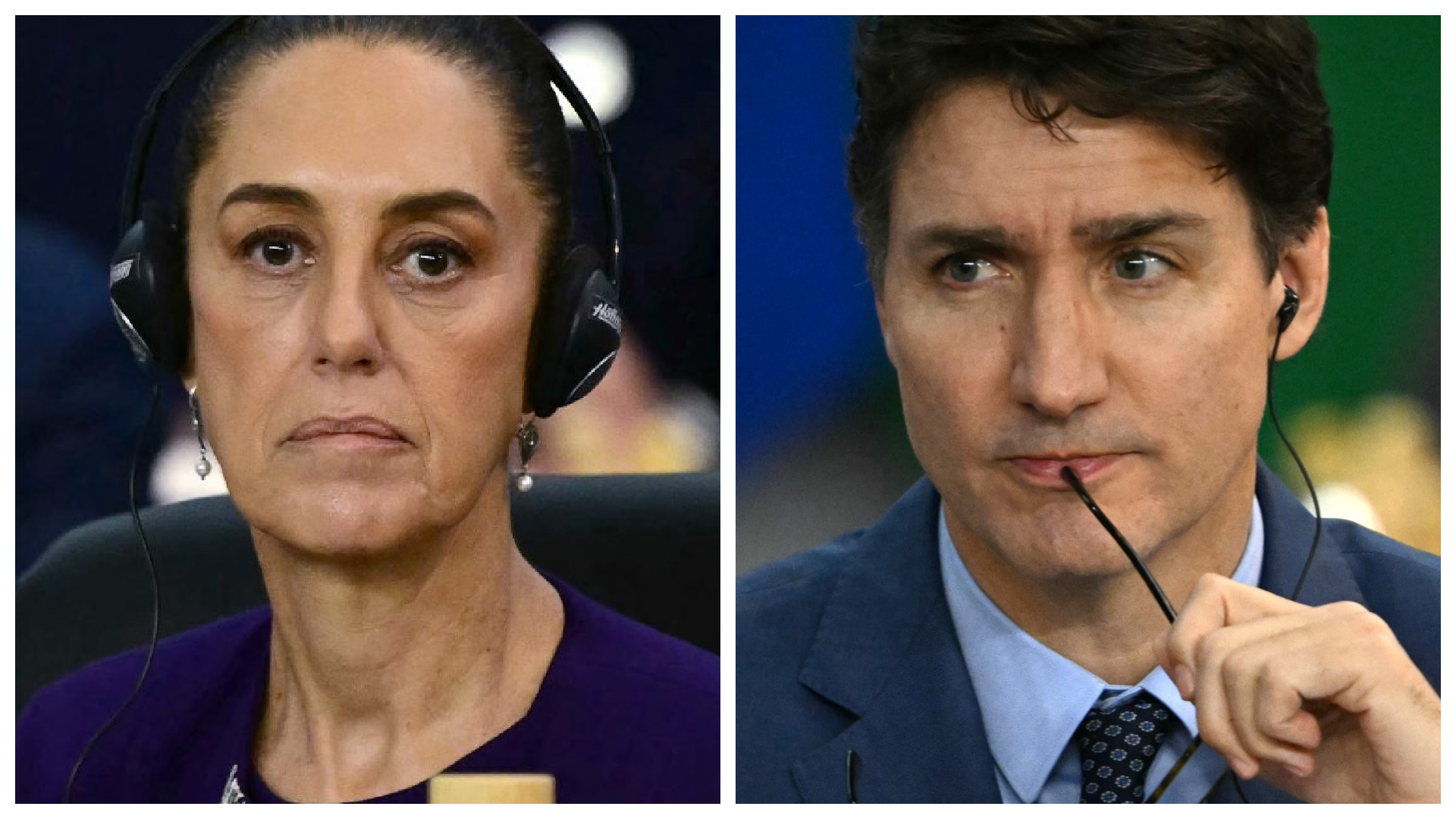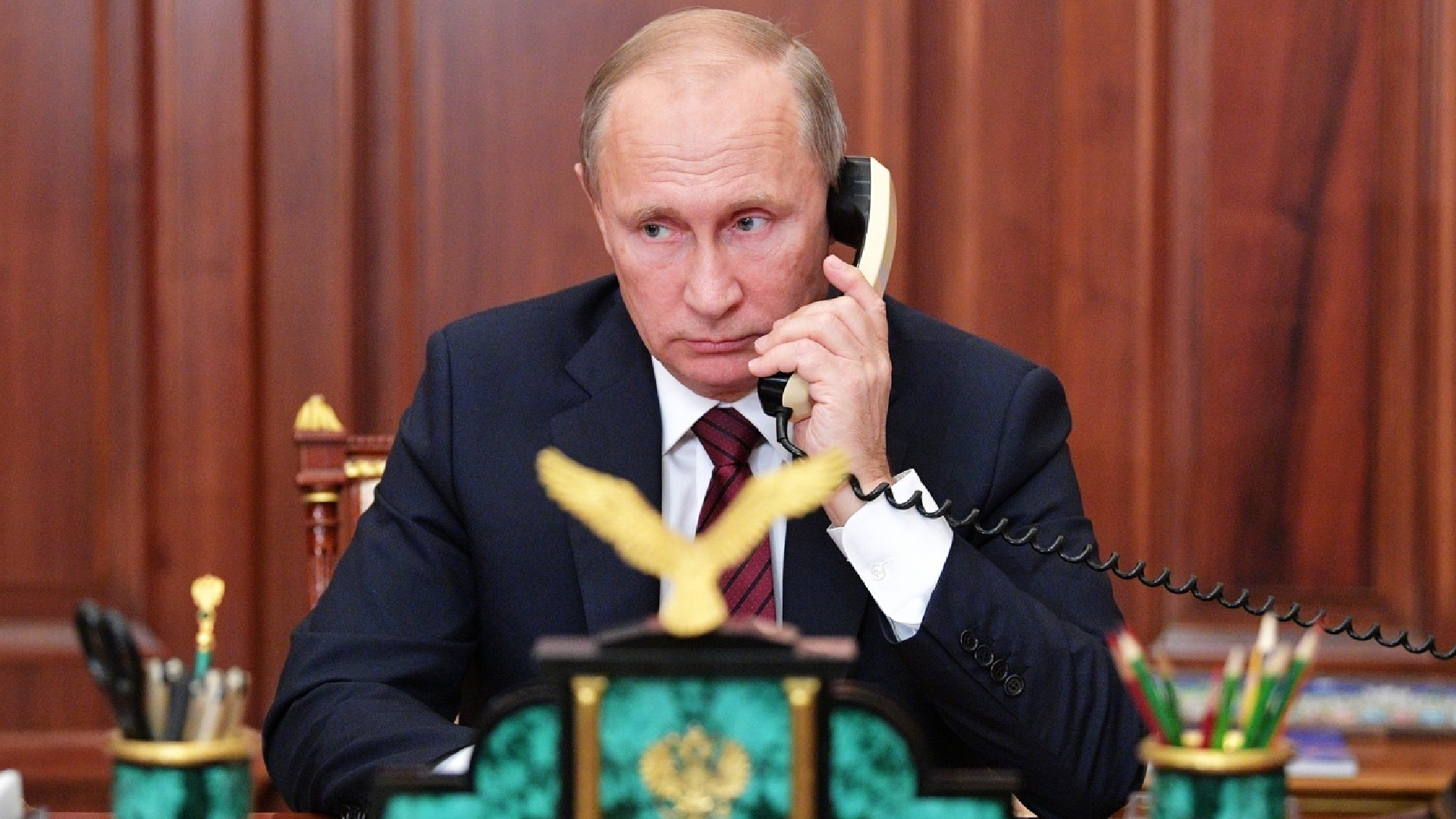Alabama delays IVF crisis with a temporary law shielding fertility clinics
Alabama passed a new law shielding IVF providers and transportation services from lawsuits under the new state Supreme Court ruling that qualified embryos as children.
Lawmakers from both parties agreed that the legislation ─which gives broad and undefined protection to fertility clinics─ is only a temporary patch to the IVF mess in Alabama.
The problem started when the Supreme Court of Alabama ruled that embryos should be considered children, with unprecedented consequences in assisted reproduction.
The Alabama Supreme Court heard the case of three couples who sued a fertility clinic over the destruction of their frozen embryos and asked for damages under Alabama's 1872 Wrongful Death of a Minor Act.
The Alabama justices agreed, accentuating that life begins at conception and using the same reasoning the Supreme Court of the US used to overturn Roe v. Wade, combined with a heavily religious commentary.
The decision, according to local media, was cheerfully received by anti-abortion activists. However, the ruling didn't stop women seeking abortions but women trying to conceive a child through IVF.
According to CNN, many pro-choice groups warned that the overturn of Roe v. Wade could have consequences in assisted reproduction as well as abortions, and the Alabama case showed they were right.
After three large assisted reproduction providers in the state paused their treatment, Republicans in Washington raced to publicly support IVF and push for a law that would protect it.
The most notable was Donald Trump. Abortion and reproductive liberties are some of the GOP's most profound weaknesses ahead of the 2024 Presidential election.
So lawmakers in Alabama responded equally fast, but in a shallow way: the law does not address the contradictions between giving personhood to embryos and allowing IVF treatment to continue.
Still, after the law was signed, two fertility clinics resumed treatment. The third clinic that stopped ─the one in the center of the ruling─ said the legislation was insufficient and decided not to reopen, CNN reported.
"At this time, we believe the law falls short of addressing the fertilized eggs currently stored across the state," the clinic said in a statement collected by The New York Times.
The court clarified that it couldn't regulate the operation of fertility clinics. However, an IVF treatment usually involves heavy handling of embryos.
The IVF treatment implies injecting hormones to stimulate egg production to create embryos. Then, patients have to go through an insertion procedure, and the rest of the embryos are frozen in case of failure.
Experts cited by AP News were worried that IVF treatment would turn more expensive and risky. If clinics chose only to create and plant one embryo, women would have to receive more hormones; if they decided to store embryos outside the state, the price could get higher.
Those issues could still affect patients, but the bill also opened a new front: lawmakers from both parties expressed concern that the broad shield could protect clinics against malpractice.
Republican Larry Stutts was the only senator who voted against the law. In declarations collected by CNN, he criticized it as "not an IVF protection bill" but "an IVF provider and supplier protection bill."
More for you
Top Stories






